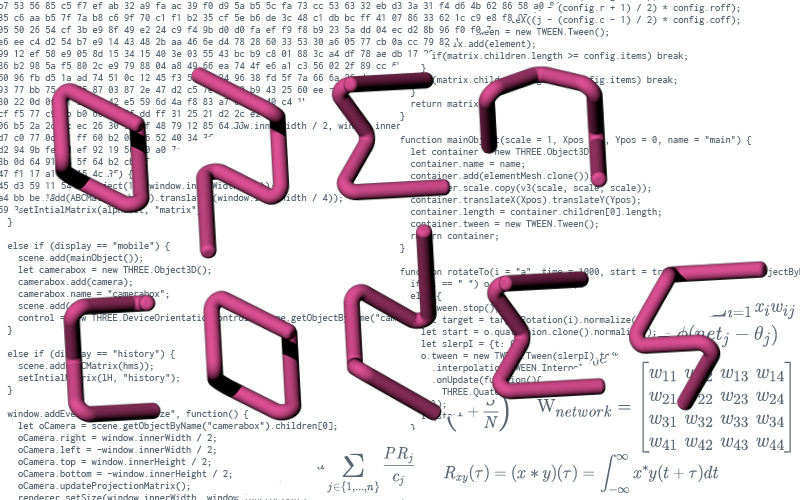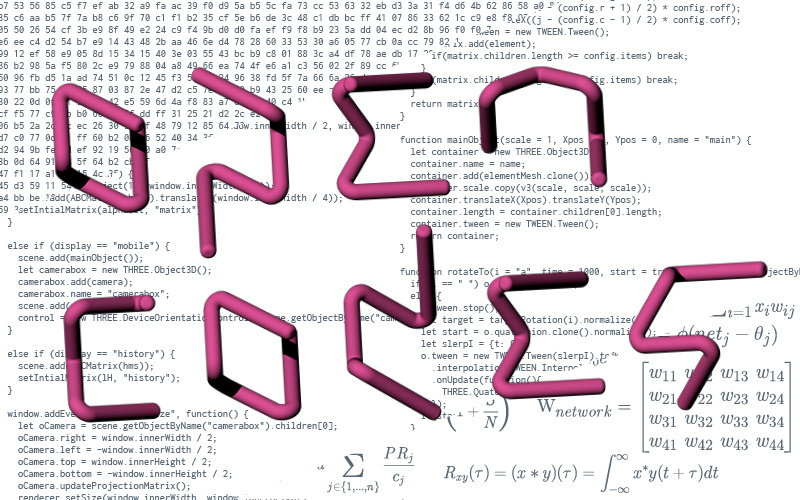- Event
- Opening
Eröffnung: Open Codes. Digital Culture Techniques
Fri, April 06, 2018 6:30 pm CEST
On April 6, 2018, »Open Codes. Digital Culture Techniques« opens at the Goethe Institute/ Max Mueller Bhavan Mumbai (MMB), India. The exhibition is conceived as a satellite exhibition to the exhibition »Open Codes. Living in Digital Worlds« at ZKM Karlsruhe. As pre-running event of the exhibition, the ZKM organizes a »Coding Culture Hackathon«, taking place on February 1–2, 2018.
»Open Codes« is conceived as a pilot project, an experimental space for creative encounters that challenges existing exhibition formats. It disrupts predispositions and calls for different forms of knowledge creation and circulation in the sense of a free, open and unrestricted sharing of ideas. A mix between hackerspace, makerspace, exhibition and lab, the project is shaped as an open knowledge platform. As a communal space for exchange, the setting invites visitors to engage in a cross-disciplinary dialogue that fosters collaboration and creates synergies between different professions and various forms of knowledge and expertise.
»Open Codes. Digital Culture Techniques« explores the creative usages of codes as new source for creation. The exhibition brings together an array of artworks, which explore immersive technologies and negotiates different modalities of code. It transforms the exhibition space into a place of experimentation, action, and transformation through new forms of encounter. The works in the exhibition are exemplary of the new participatory formats of engaging with art and technology, in which visitors engage with artworks in new forms and themselves become participants.

